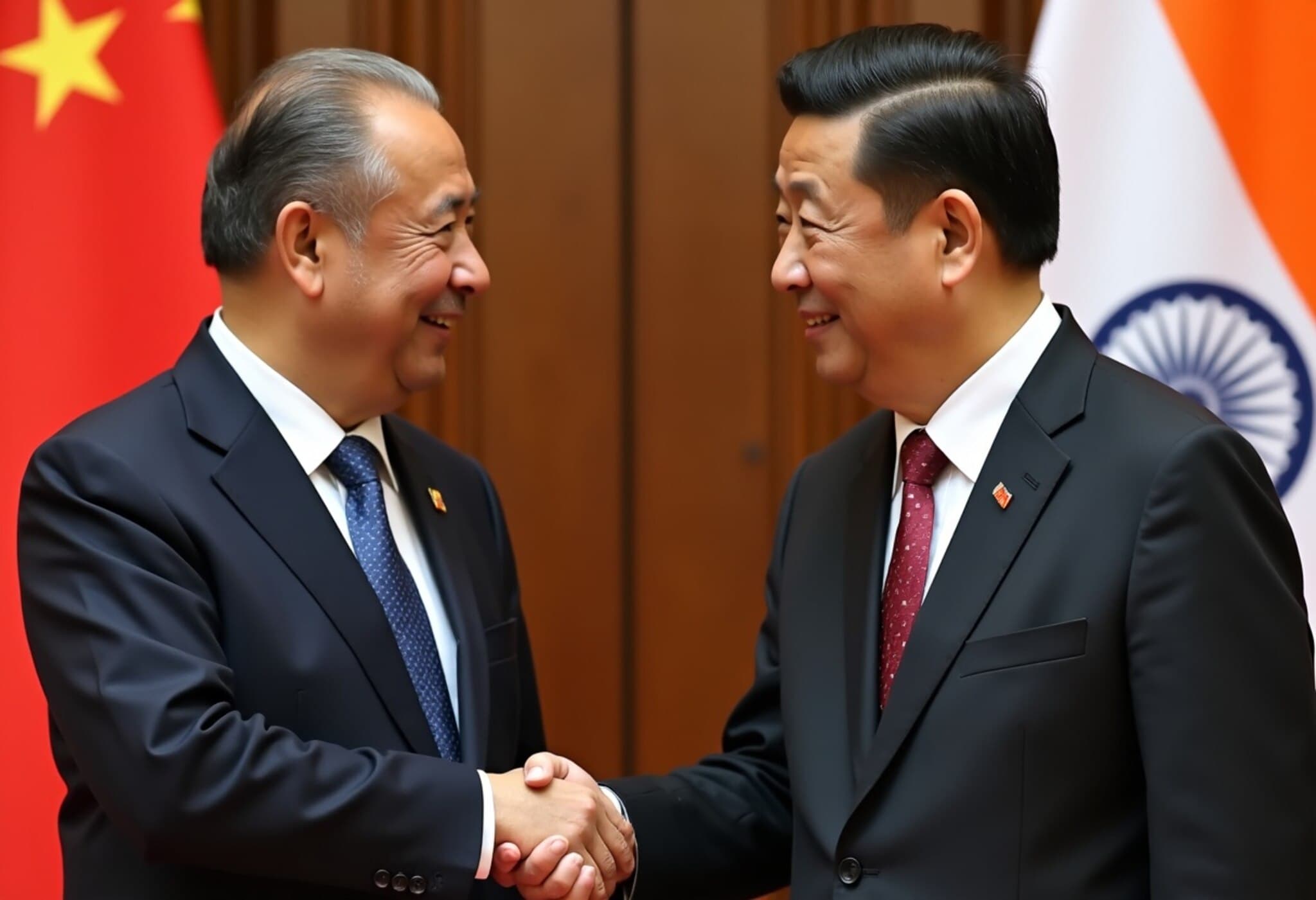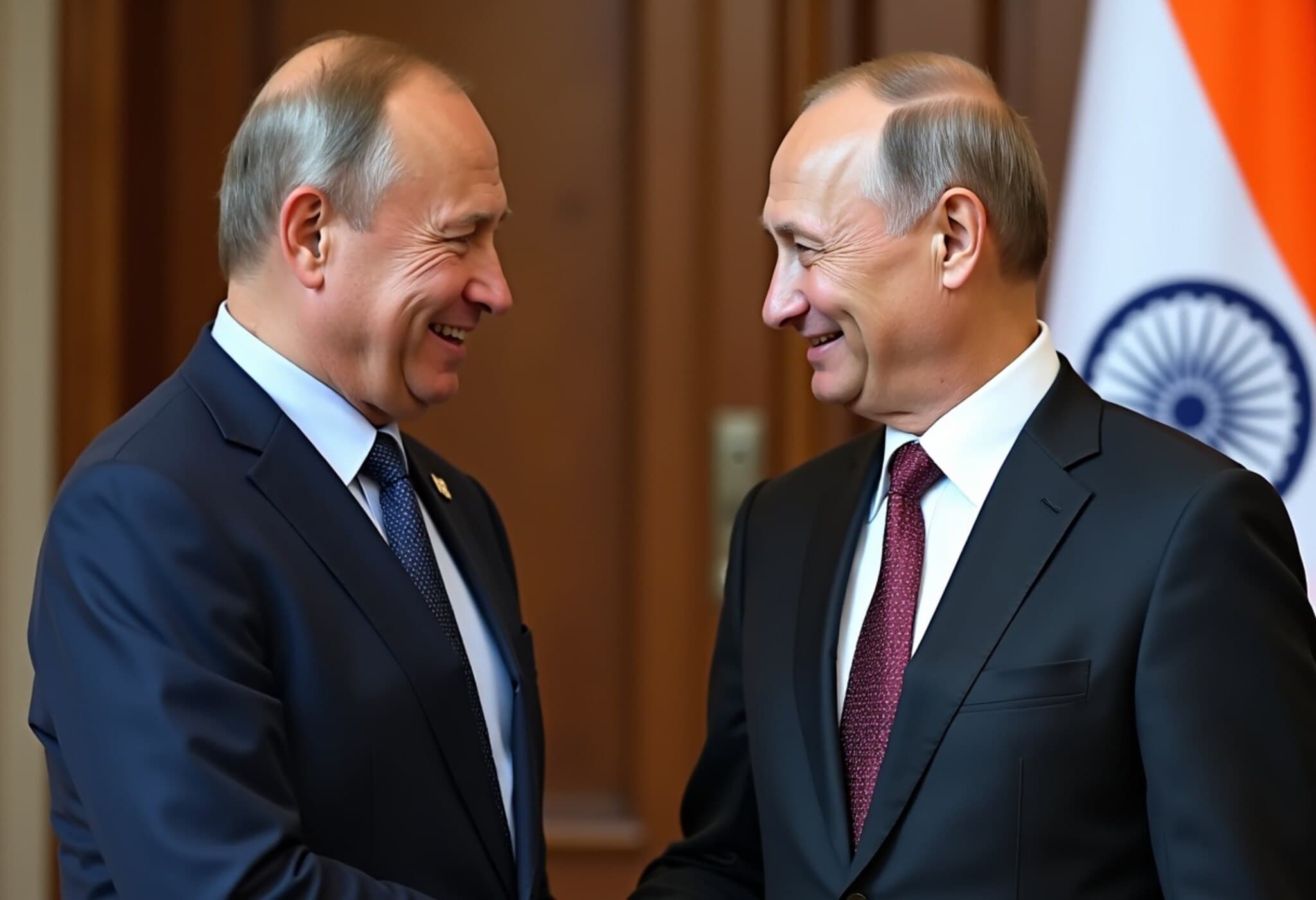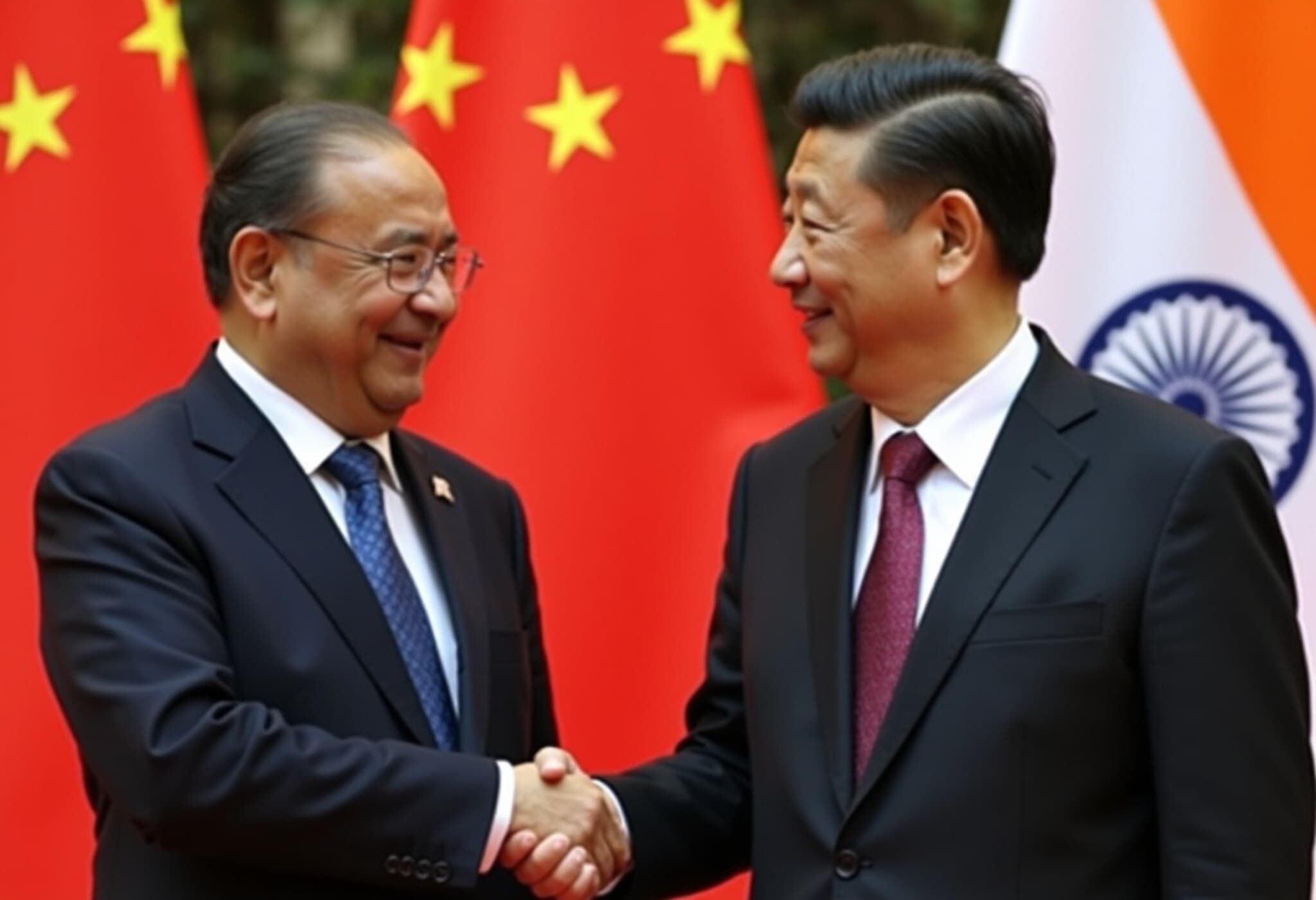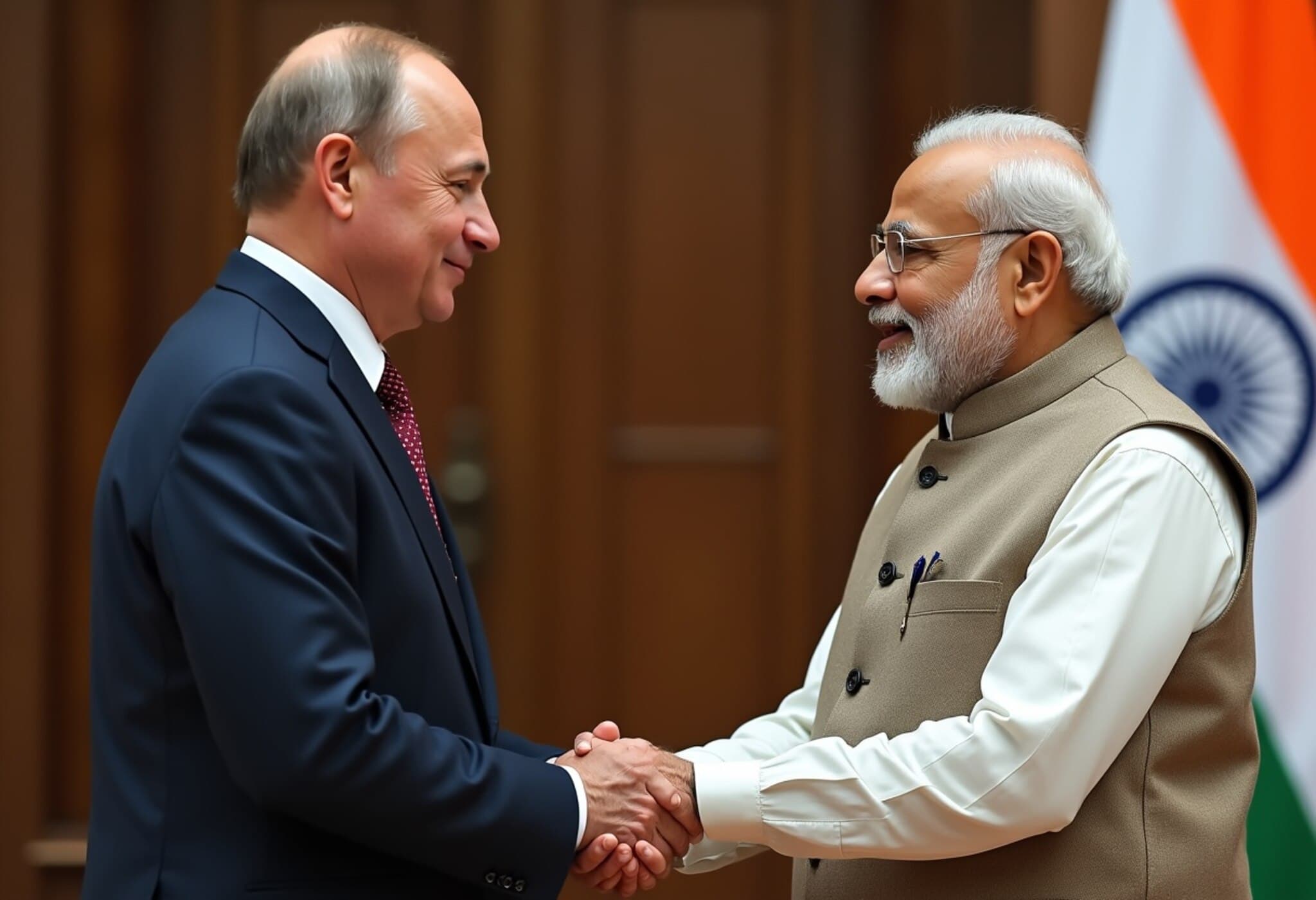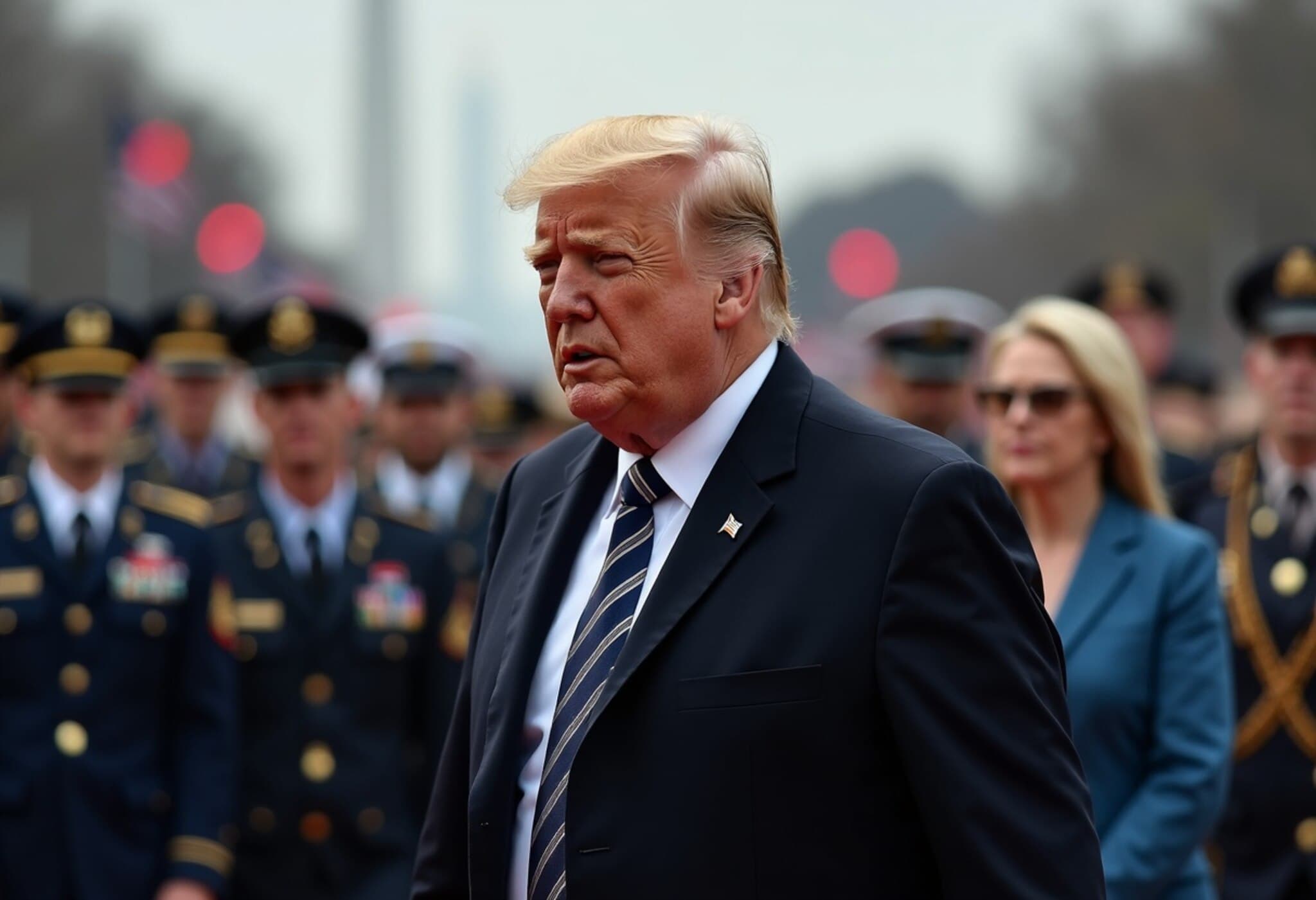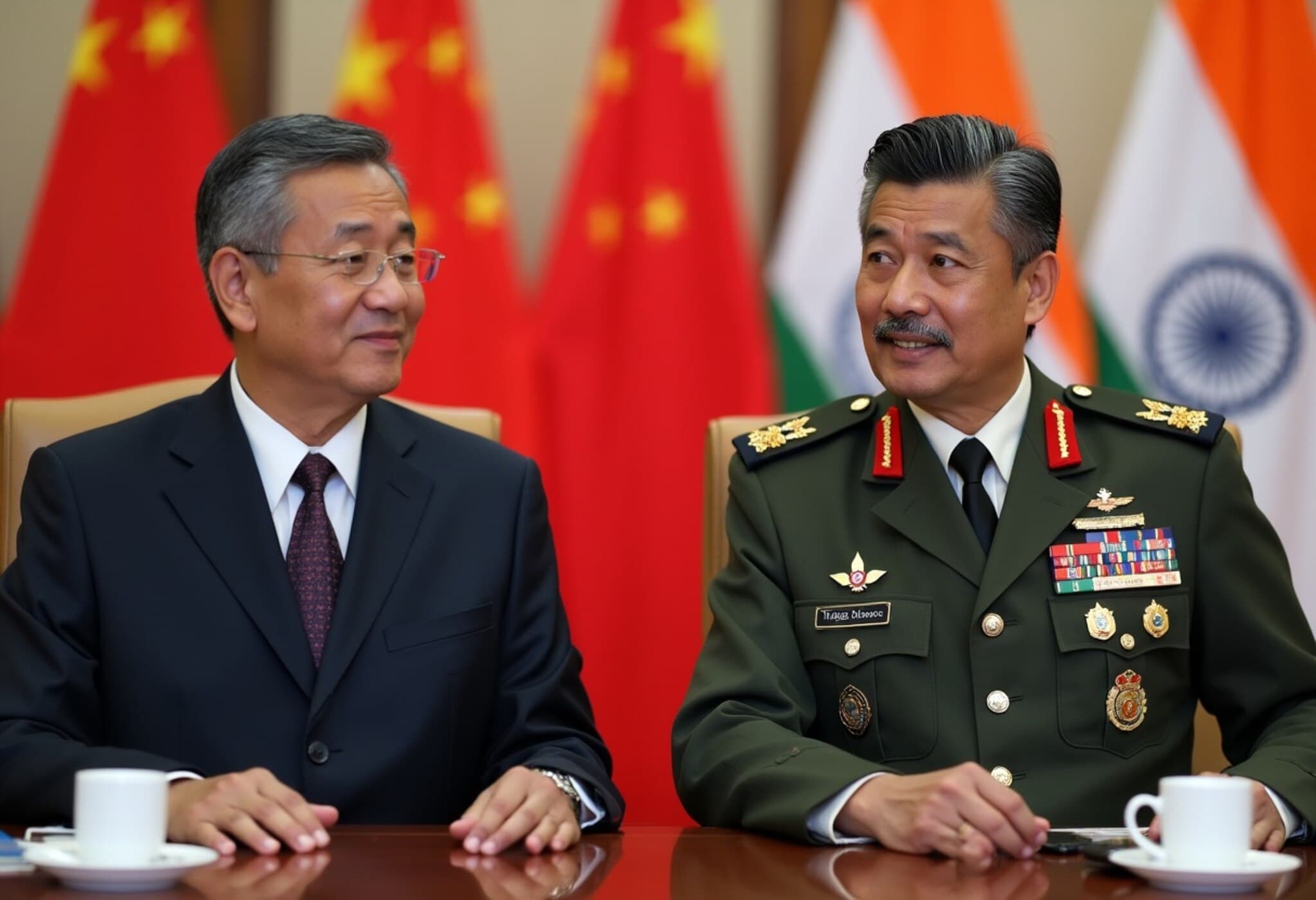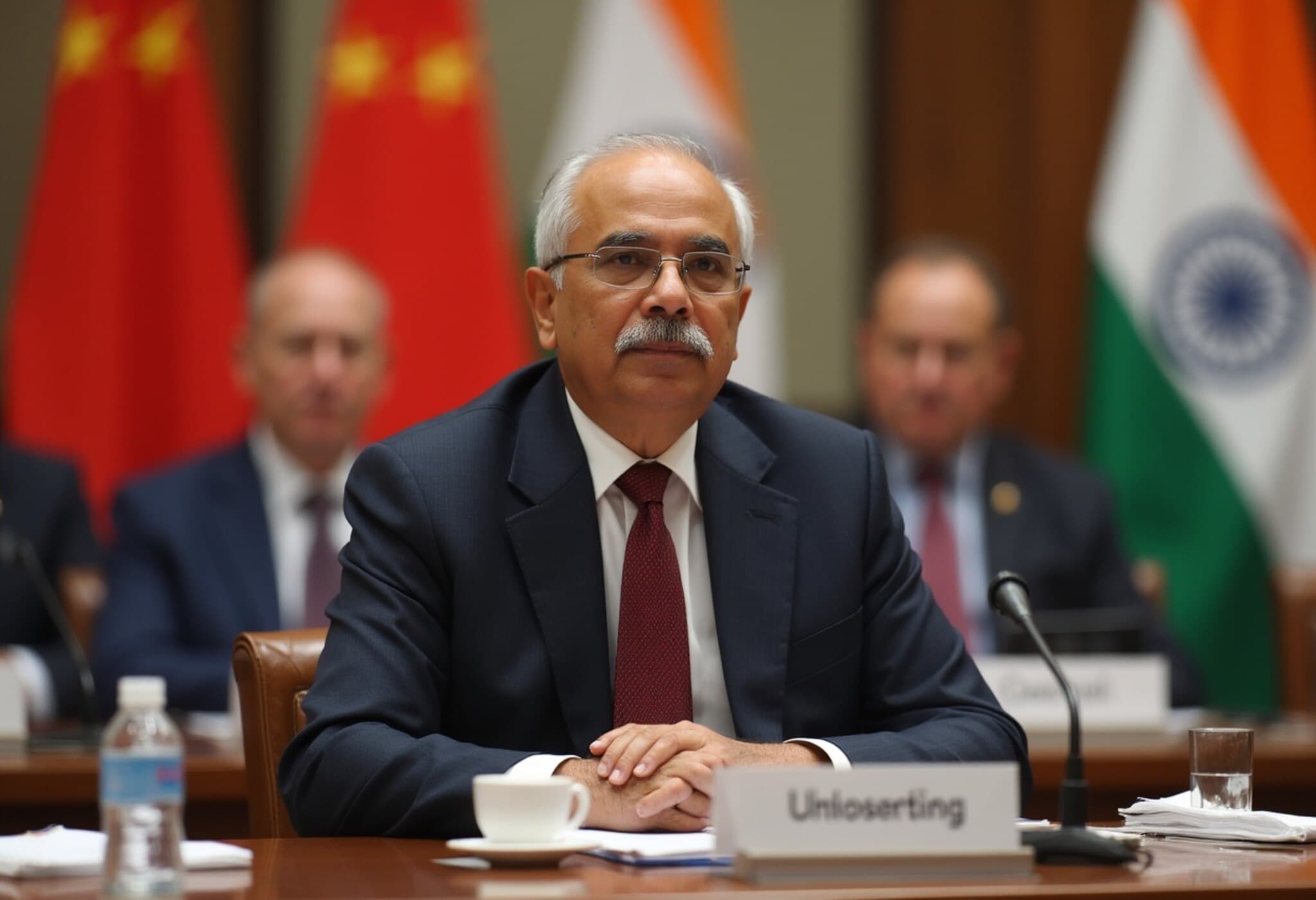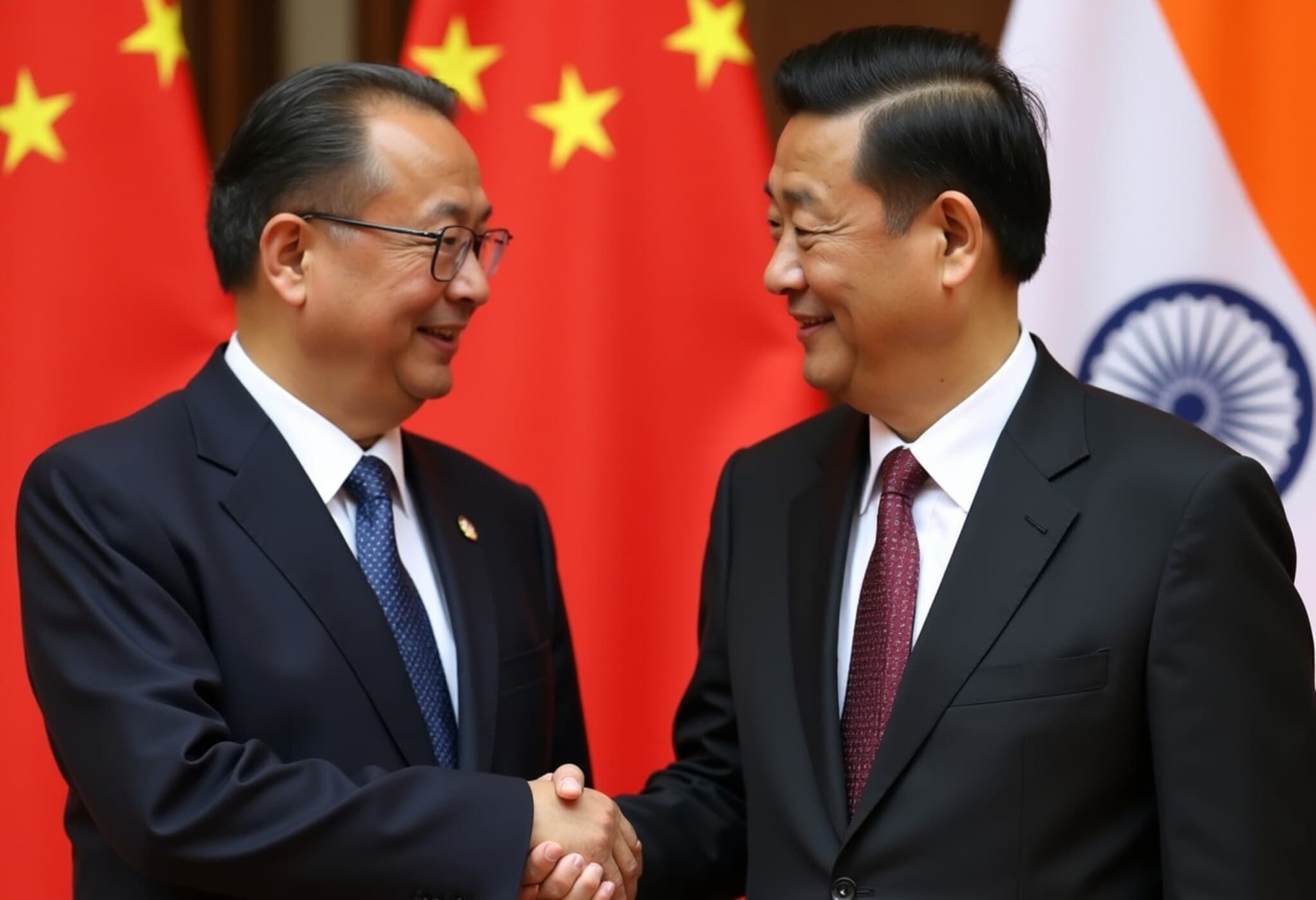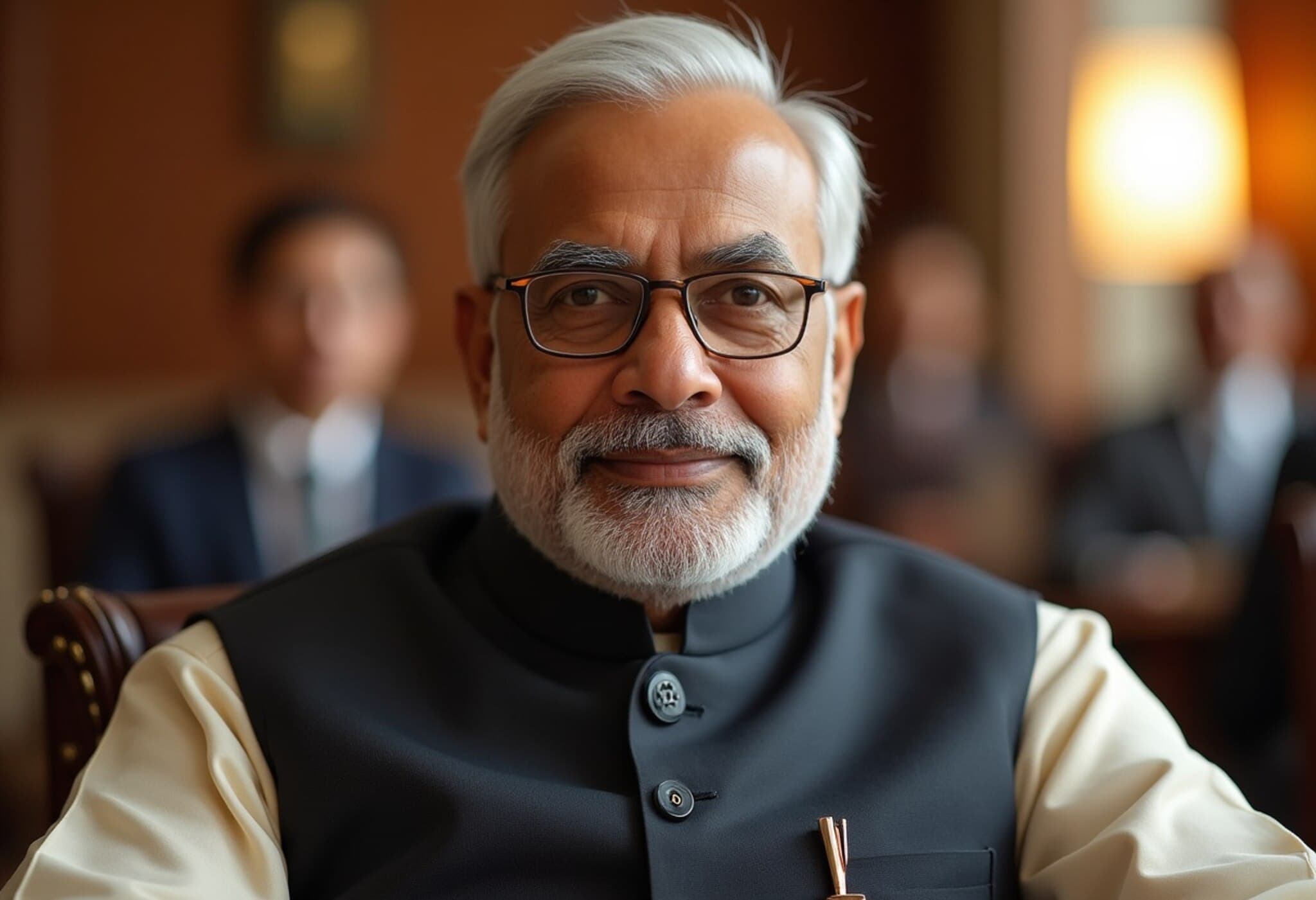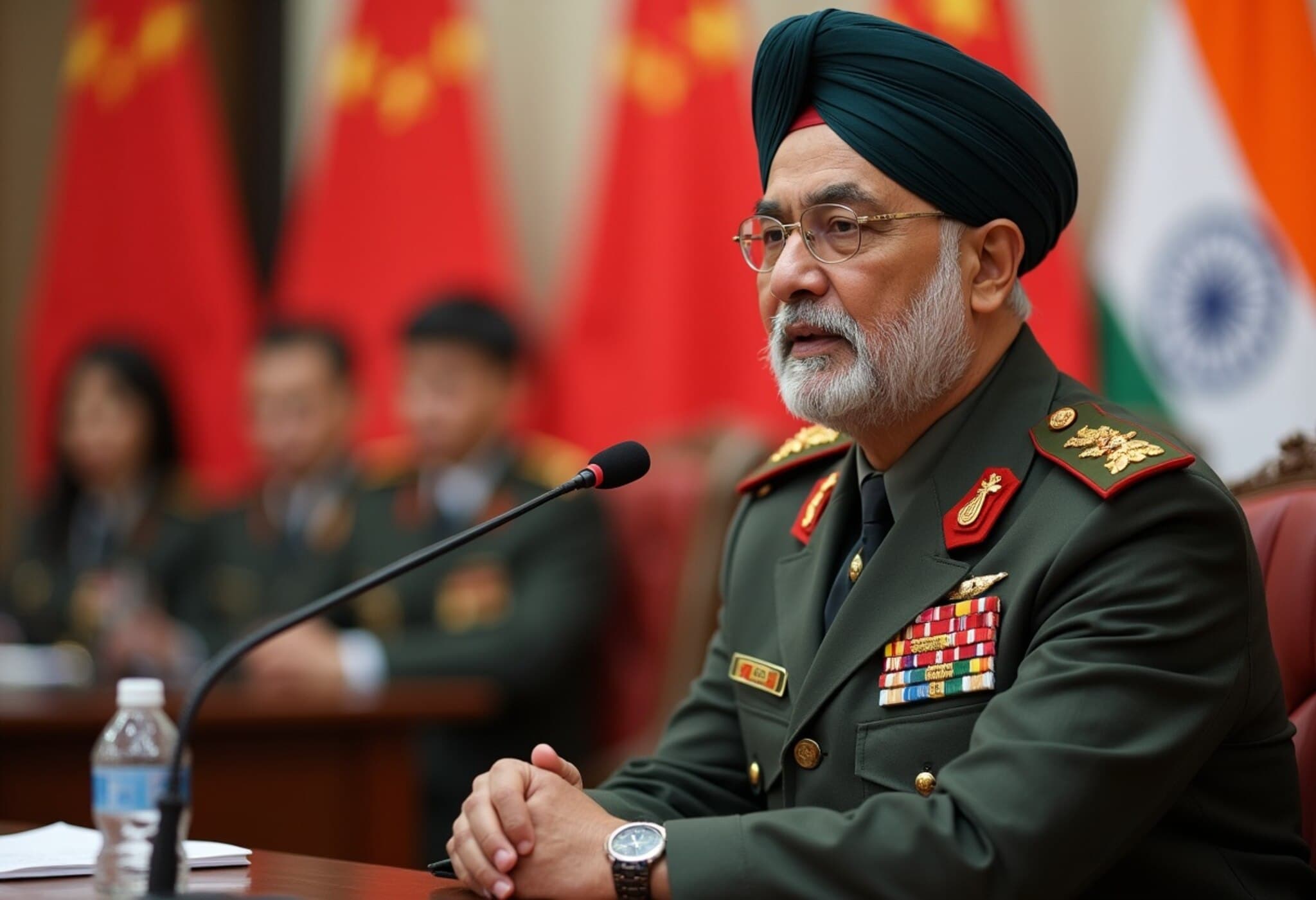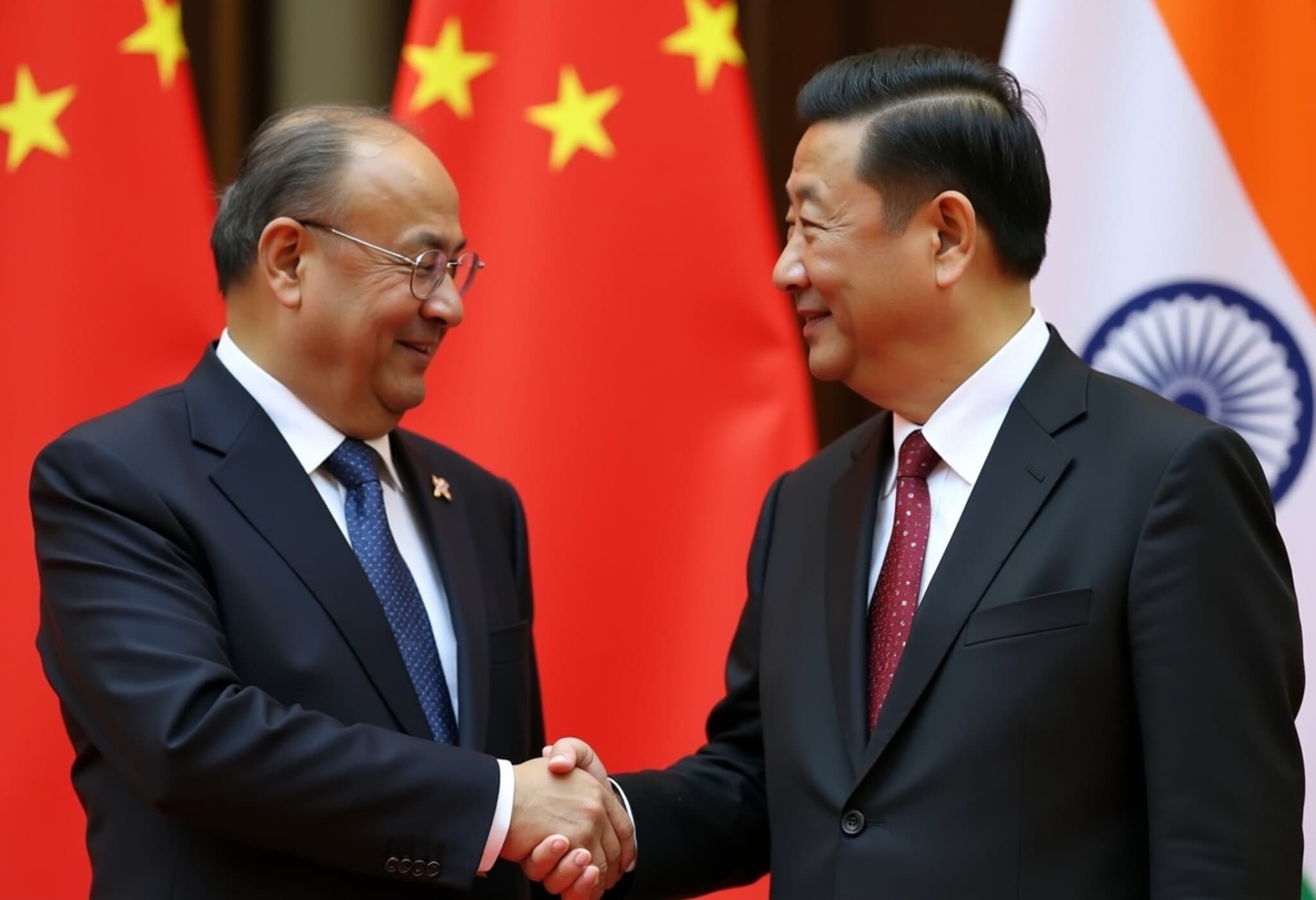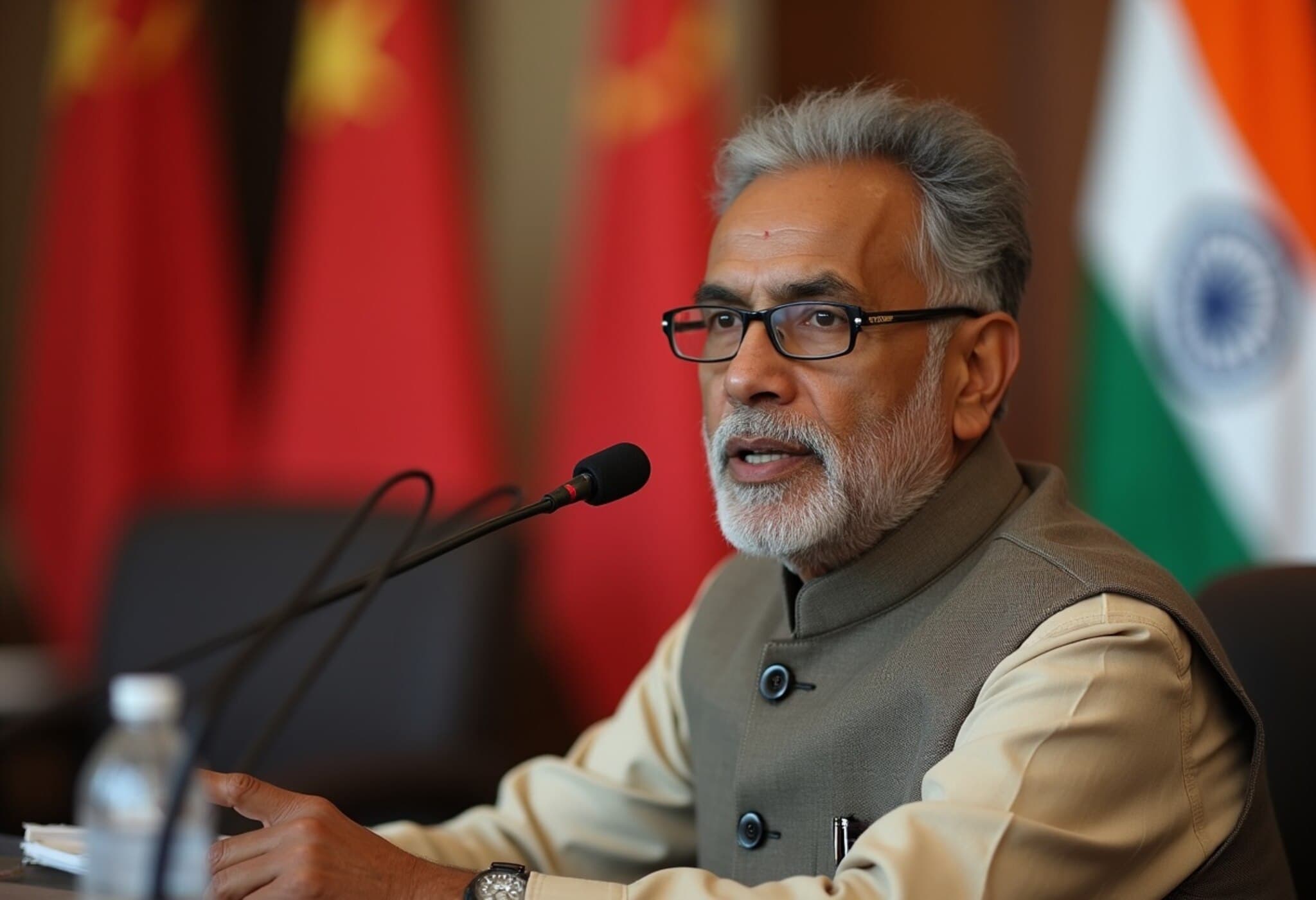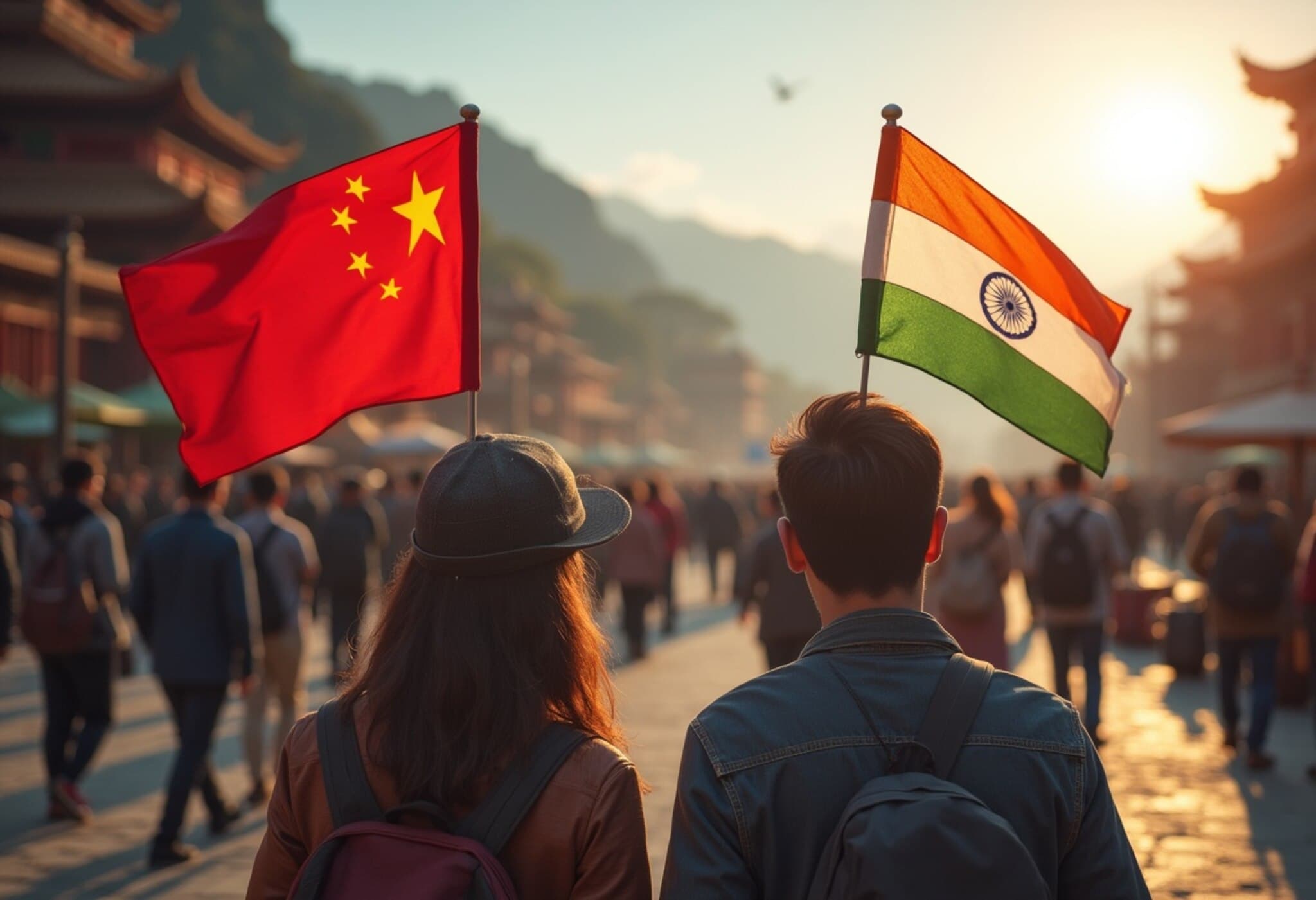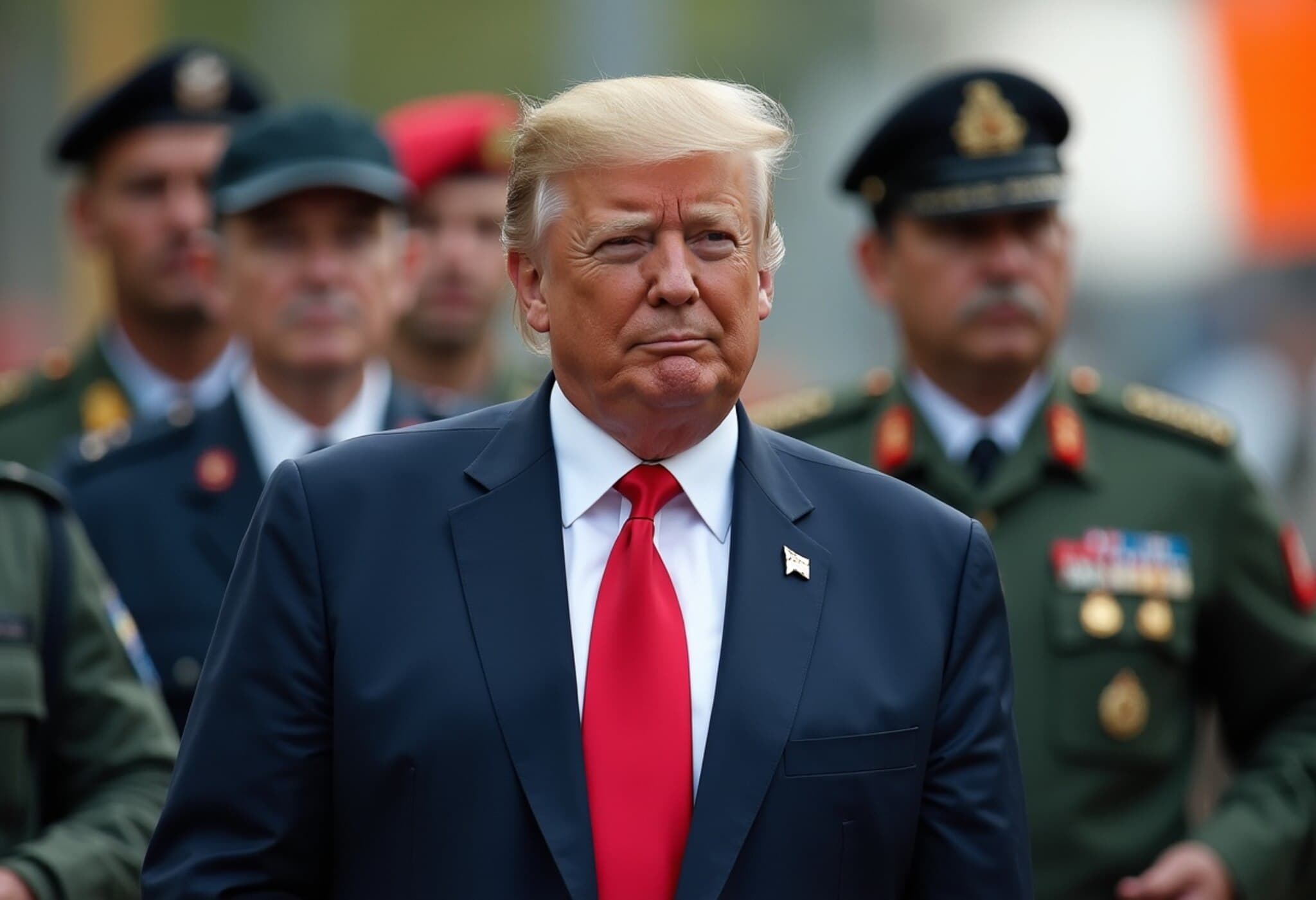India-China Relations Show Positive Momentum as Jaishankar Attends SCO Summit
In a notable development following years of tension, Indian External Affairs Minister S. Jaishankar emphasized the "good progress" made in bilateral ties with China during his meeting with Chinese Foreign Minister Wang Yi. The discussions took place on the sidelines of the upcoming Shanghai Cooperation Organisation (SCO) Foreign Ministers' meeting in Tianjin, China.
Encouraging Signs Amid Lingering Border Tensions
Jaishankar’s remarks mark a cautiously optimistic tone after a prolonged period of strained ties catalyzed by the military standoff along the Line of Actual Control (LAC) in eastern Ladakh, which began in May 2020. This visit is his first to China since those tensions escalated, underlining India's intent to engage in constructive diplomacy.
During the dialogue, Jaishankar reiterated the importance of preventing differences from escalating into disputes. He stressed that while India and China remain competitive on multiple fronts, such competition must never spiral into conflict. This perspective reflects a broader recognition within both governments that peaceful coexistence is essential to regional stability.
Shared Priorities: Counterterrorism and Economic Cooperation
Highlighting a mutual concern, Jaishankar called for the principle of "zero tolerance for terrorism" to be a cornerstone of the SCO summit agenda. This aligns with India’s longstanding position that terrorism—particularly cross-border activities—poses a grave threat to all member states' security and development prospects.
On the economic front, he cautioned against restrictive trade policies and roadblocks that could hamper seamless commerce, urging for an environment conducive to robust bilateral trade and investment ties. Given the significant size of both economies, smoother economic relations carry enormous potential benefits not only for India and China but for the SCO region at large.
Diplomatic Progress and Strategic Dialogues Since 2024
Since Prime Minister Narendra Modi and Chinese President Xi Jinping’s pivotal meeting at the BRICS Summit in Kazan, Russia in October 2024, where they agreed on a new border patrolling protocol, several high-level visits have signaled a thaw in previously frosty relations.
- National Security Adviser Ajit Doval has conducted two visits to China for strategic dialogue.
- Defence Minister Rajnath Singh and Foreign Secretary Vikram Misri have also engaged in substantive talks aimed at conflict resolution and cooperation.
Jaishankar expressed hope that this constructive engagement will evolve into a regular dialogue channel, fostering transparency and trust by alternating meetings between India and China.
The Broader Geopolitical Context
The gradual normalization of India-China relations is crucial not only bilaterally but also because of their competing roles on the global stage, including within groupings like the SCO, BRICS, and G20. Their cooperation—or lack thereof—has implications for trade corridors, security alliances, and the wider geopolitical balance in Asia-Pacific.
By advocating for pragmatism and confidence-building measures, India is navigating a delicate path of asserting its strategic interests while seeking peaceful coexistence with a regional superpower. The evolving dynamics at the SCO meeting will be closely watched by policymakers and analysts worldwide.
Editor’s Note: Navigating a Complex Path Forward
While the progress highlighted by Jaishankar paints a hopeful picture, the road to fully normalized India-China relations remains complex. Border tensions—though managed—persist, and deep-seated mistrust continues to color perceptions on both sides.
Critical questions linger: How will both nations balance competition with cooperation? Can institutional mechanisms within forums like the SCO effectively address security concerns beyond bilateral issues? How will economic relations evolve amid global supply chain realignments and geopolitical rivalries?
As the SCO summit unfolds, readers should watch for outcomes that not only reduce immediate tensions but also lay the groundwork for enduring peace, stability, and mutual growth in a region often fraught with volatility.

